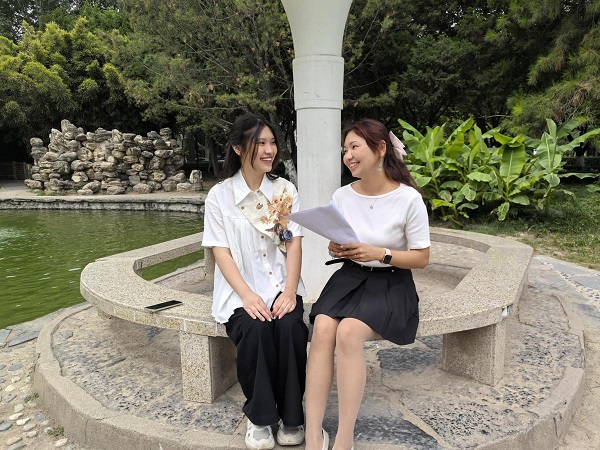XJTU makes new progress in thermoelectric materials
Xiao Yu, a distinguished researcher of the State Key Laboratory for Mechanical Behavior of Materials at Xi'an Jiaotong University, and Zhao Lidong, a professor at Beihang University, realized the decoupling transport of electrons and phonons in n-type PbSe-based thermoelectric material.
Through energy band sharpening, dynamic doping, and semi-coherent interface design, the thermoelectric performance was greatly improved. This work provides new possibilities for realizing electro-acoustic decoupling transport in thermoelectric materials, which can be widely used in lead chalcogenide thermoelectric material systems.

a) Band shape sharpening in PbSe-SnS (b) Cu interstitial dynamic doping
(c) Room temperature carrier mobility and lattice thermal conductivity (d–g) Semi-coherent interface in the PbSe-18%SnS-0.5%Cu sample (h) Comparison of average ZT value
The research results were published in Energy & Environmental Science with the title Ultrahigh Carrier Mobility Contributes to Remarkably Enhanced Thermoelectric Performance in n-type PbSe.
Xiao is the first and co-corresponding author and Zhao is the co-corresponding author. The State Key Laboratory for Mechanical Behavior of Materials is the first unit of the paper. The research was funded by the National Natural Science Foundation of China.
Thermoelectric materials can realize the direct mutual conversion of thermal and electrical energy and have broad application prospects in the fields of aerospace, 5G communication, wearable electronic products and waste heat power generation.
At present, energy band engineering is mainly used for PbSe material systems to improve electrical transmission performance or defect engineering to reduce thermal conductivity. It is difficult to achieve co-optimization of electrical and thermal properties.
Link to the paper:https://pubs.rsc.org/en/content/articlelanding/2022/ee/d1ee03339e

